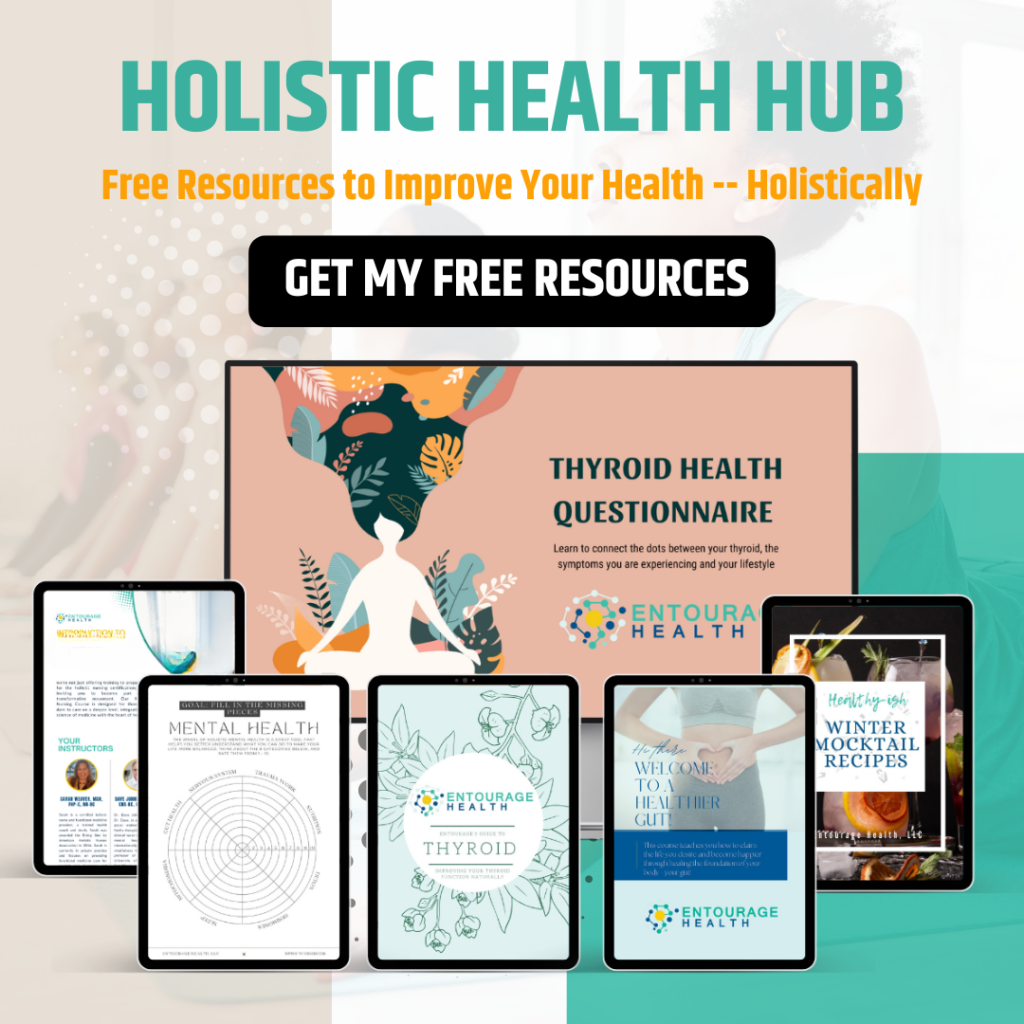Perimenopause is a phase in a woman’s life that precedes menopause, marking the end of her reproductive years. This period of transition, often misunderstood and overlooked, encompasses a variety of changes affecting both body and mind. By adopting a holistic perspective, this article aims to shed light on perimenopause, elucidating its underlying hormonal shifts, their impacts, and strategies for managing symptoms with a focus on self-care.
Introduction to Perimenopause
Perimenopause represents the bridge between the reproductive years and menopause, the latter signifying the cessation of menstrual periods for twelve consecutive months. Typically beginning in a woman’s late 40s, perimenopause can start as early as the mid-30s or even earlier. This phase can last anywhere from a few months to several years, leading to significant physical and emotional changes due to fluctuating hormone levels. The effects of perimenopause are profound, influencing a wide range of bodily functions and affecting overall well-being.
Hormonal Changes: Estrogen and Progesterone
The hallmark of perimenopause is the fluctuation in the levels of key reproductive hormones: estrogen and progesterone. Estrogen, known for its role in regulating menstruation and ovulation during the fertile years, begins to decline unevenly during perimenopause. Progesterone levels, responsible for preparing the womb for pregnancy and regulating the menstrual cycle, also decrease. These hormonal shifts can result in irregular menstrual cycles, changes in bleeding patterns, and eventually, the end of ovulation.
Impact on Female Anatomy and Physiology
The ebbing levels of estrogen and progesterone have wide-ranging effects on the female body. Physiologically, women may experience hot flashes, night sweats, sleep disturbances, and vaginal dryness. Furthermore, the decreased estrogen levels are associated with long-term health risks, such as osteoporosis and cardiovascular disease, due to its protective effects on bone density and heart health.
From an anatomical perspective, the ovaries gradually reduce their production of eggs, leading to decreased fertility. Other physical symptoms can include breast tenderness, bloating, and changes in hair and skin texture, reflecting the body’s response to hormonal imbalances.
Stress and Perimenopause

Stress plays a pivotal role in the perimenopausal experience. The fluctuating hormone levels can heighten emotional sensitivity and contribute to mood swings, anxiety, and depression. Simultaneously, life stressors typical of this age group, such as aging parents, career pressures, and changing family dynamics, can exacerbate perimenopausal symptoms. Moreover, stress can disrupt the delicate hormonal balance further, creating a feedback loop that amplifies the challenges of perimenopause.
Anatomy of Change: Physical and Emotional Symptoms
As the production of estrogen and progesterone fluctuates, symptoms like hot flashes, night sweats, and sleep disturbances can emerge. But perhaps more subtly, and often more perplexing, are the symptoms of fatigue and brain fog. Fatigue in perimenopause isn’t simply feeling tired—it’s a sense of exhaustion that rest doesn’t easily erase. This fatigue can be pervasive, impacting everyday life and productivity.
Brain fog, another less visible symptom, encompasses difficulties with concentration, memory lapses, and a general sense of mental cloudiness. It’s a frustrating symptom that can affect job performance, social relationships, and self-confidence.
Closely tied to these are anxiety and depression. While many factors can cause these mental health challenges, the hormonal upheavals of perimenopause can trigger or exacerbate them. Fluctuating hormones can affect neurotransmitters in the brain, leading to feelings of unease, anxiety, persistent sadness, or a lack of enjoyment in once-pleasurable activities.
Basic Self-Care Strategies
Given the multifaceted nature of perimenopause, adopting holistic self-care strategies is essential for navigating this transition more smoothly:
- Balanced Diet: Emphasize whole foods, rich in phytoestrogens, calcium, and vitamin D, to support bone health and hormone balance.
- Regular Exercise: Engage in regular physical activity, including strength training, to maintain bone density, relieve stress, and improve mood.
- Adequate Sleep: Prioritize sleep hygiene to combat fatigue and support overall health. Consider relaxation techniques to improve sleep quality.
- Stress Management: Incorporate stress-reduction practices such as yoga, meditation, or deep-breathing exercises into your routine.
- Community and Support: Seek support from friends, family, or support groups to share experiences and strategies for managing symptoms.
- Professional Support: Engage with healthcare providers to explore options that may include hormone therapy, counseling, or alternative treatments.

Perimenopause marks a significant transition that demands a compassionate self-care approach. By understanding the bodily changes and implementing holistic strategies, women can navigate this phase with greater ease and empowerment. It’s crucial to consult healthcare providers to tailor approaches that best suit individual health needs and ensure a smoother transition into menopause. Recognizing and addressing the signs of perimenopause not only aids in managing symptoms but also in embracing this natural stage of life with resilience and grace.
Want more strategies on thriving through perimenopause?
Register for The Yoni Connection: Cultivating Love from Within Webinar Series





